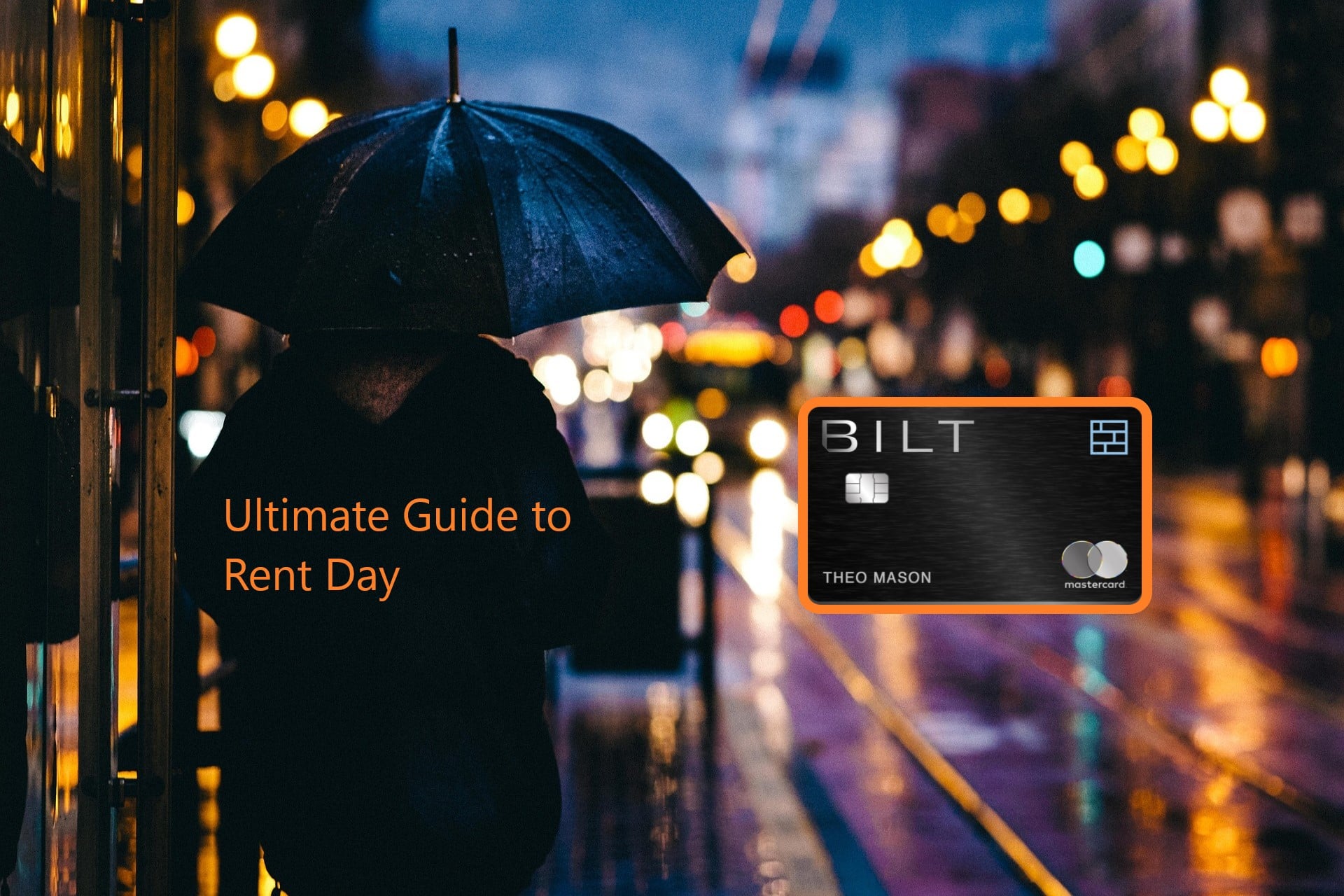At a Glance
- Business credit cards are a great way to streamline company by offsetting some costs with rewards.
- Business rewards (points, miles, cash back, etc.) are not “owned” by anyone, but most issuers state that these rewards belong to the primary account holder, guarantor, or other account manager.
- Credit card rewards are not taxable unless redeemed for gift cards.
- Speak with your company’s account representative or financial team for a better understanding of your company’s policies.
Business Credit Card Rewards
Business credit cards are a great choice for everyday spending. Small and medium-sized businesses (SMBs) can be effective tools to track spending and manage budgets. SMB credit cards are a great way to improve your cash flow by freeing up available funds for investment and development, tracking employee spending across multiple categories, and building business credit with financially responsible usage.
Why Business Owners Should Consider a Rewards Credit Card
Business rewards credit cards are a subset of business cards that offer rewards (cash back, points, or miles) on eligible purchases. Business reward cards are essential for business transactions, as they provide a streamlined, centralized way to track and manage purchases. These cards provide seamless account integration, QuickBooks and other tool compatibility, and even comprehensive controls and built-in policies to fit the needs of almost any business.
Business credit cards are used by everyone from sole proprietors and freelancers to small businesses and major corporations. But when companies issue multiple cards – and employees then use them on everyday purchases like office supplies, travel, and dining – they can earn rewards that can be used to offset business expenses or book luxury travel.
But what happens to those rewards when it comes time to redeem flights, hotels, or more?
Who Owns Credit Card Rewards?
Getting a company credit card can be an exciting time – especially if that card earns airline miles or hotel points. After all, if you are a road warrior and rely on your company card, you can really rack up some impressive rewards – probably enough for that dream vacation you dreamed of – but can you use those rewards for your own purposes?
Regarding credit card rewards programs, point ownership isn’t really a thing. Confused? Don’t be.
No one actually owns most credit card points. Most card issuers state that points “have no cash value” and are the property of the rewards program. For example, American Express says that its Membership Rewards points are “not your property. You can’t transfer points to any other person or program account. Additionally, points can’t be transferred by operation of law, such as by inheritance, in bankruptcy, or connection with a divorce.”
Can I Use My Business Card Points?
But what about when it comes to redeeming points? Who gets to use rewards points when booking flights or cashing out of a program? Again, that depends on the internal procedures of your company – and the terms and conditions of each card issuer.
Credit card reward points generally belong to the primary cardholder – i.e., your boss. American Express MR states that a primary cardholder issues additional cards on their account, and they get the right to use those points. So, while you might think those endless business trips will lead to a Hawaiian vacation on company points – think again.
While most banks require business card purchases for business expenses, most do not limit points to the account holder. However, not all credit card issuers follow the same rules regarding rewards. If you have any questions about the rewards on your business card, check out your employee handbook or speak with your company’s finance department for any documentation or a copy of the credit card’s terms and conditions.
Most credit card rewards, while not “ownable,” belong to the business card’s guarantor. A guarantor is the person responsible for paying the pay the card’s debt in case of default. However, if the guarantor’s name is not the primary cardholder, they won’t get access to those points. The primary accountholder, or guarantor, gets to use the rewards from any additional cards or can opt to let the authorized users the additional cards use the rewards.
Ownership of business rewards is an essential part of any effective human resources strategy. If your company doesn’t have a policy for credit card rewards, make sure to state your case for employee retention of rewards. After all, those points are a great way to reward hardworking (and far-traveling) employees for all their efforts.
Other Important Things to Know
Other important information regarding business credit card rewards include:
Business Rewards MIGHT Be Taxable
The IRS has stated the following stance on credit card points in 2002: “(The agency will) not assert that any taxpayer has understated his federal tax liability because of the receipt or personal use of frequent flyer miles or other in-kind promotional benefits attributable to the taxpayer’s business or official travel.”
It’s worth noting, however, that the IRDS “does not apply to travel or other promotional benefits that are converted to cash, to compensation that is paid in the form of travel or other promotional benefits”. So, what does that mean? Essentially, if you book travel with your rewards, you are fine – but opting for a gift card might make rewards eligible for taxation.
So, if you plan to use your business card rewards, avoid gift cards and instead look for flights to Bora Bora, Hawaii, Pittsburgh – or wherever your wanderlust takes you.
CARD Act Doesn’t Apply to Business Credit Cards
It is also worth remembering that business credit cards are not covered under the Credit Card Accountability Responsibility and Disclosure Act of 2009 (also known as the CARD Act). The CARD Act legislates and regulates U.S. credit card companies by limiting fees and interest issuers can charge.
Additionally, the Act improves the transparency of credit card terms and conditions, ensuring applicants can’t get duped by unsavory and untrustworthy claims or charges. Fortunately, many banks and issuers have extended some of these rules and regulations to business cards, ensuring you won’t have to worry about price gouging or unfair charges on your card accounts.
Related Article: How to Apply for a Business Credit Card
Featured image by Sarah Pflug/Burst



